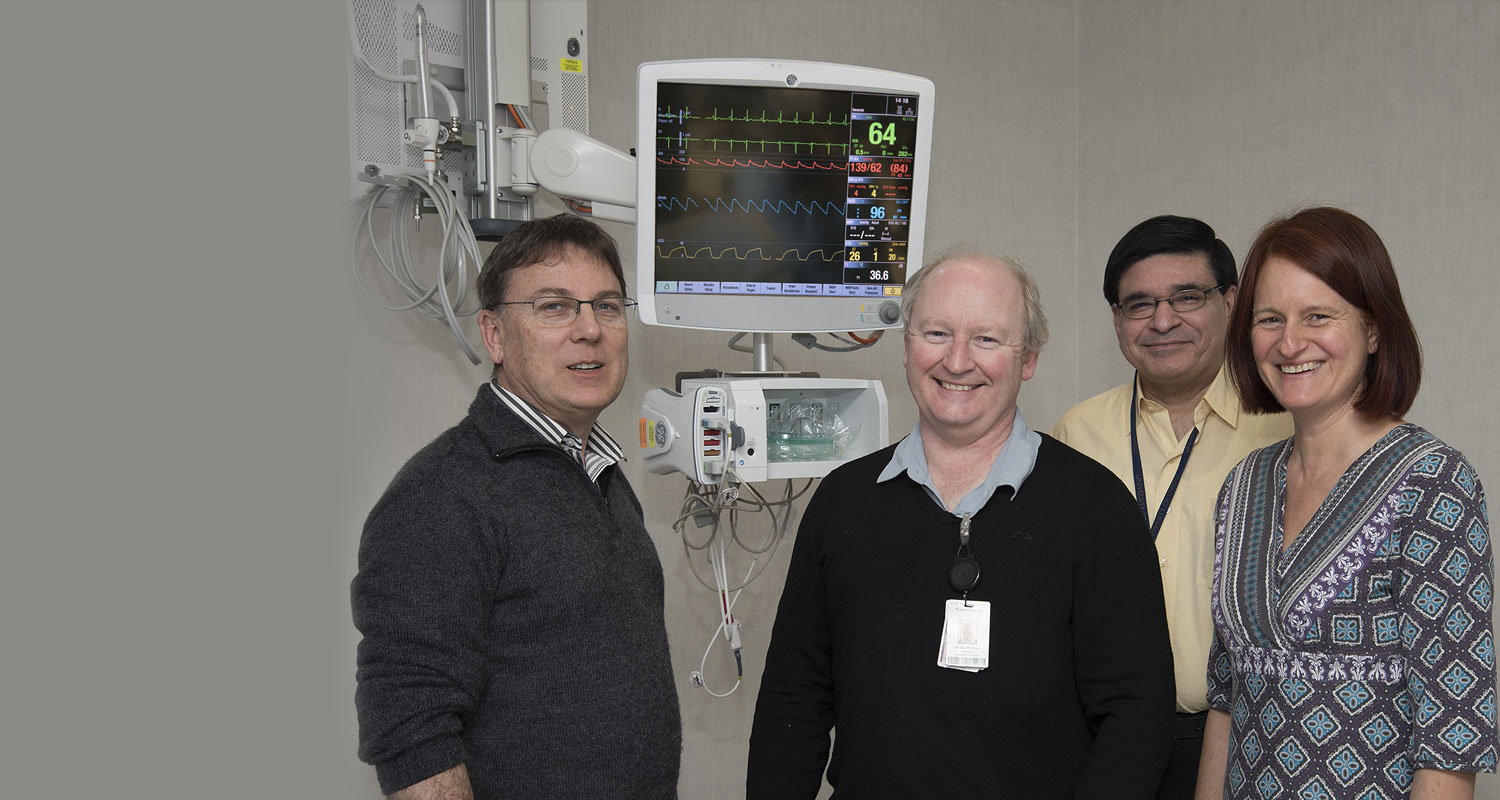
Collaborative approach
A team of Christchurch researchers, scientists and clinicians are collaborating to find better ways of predicting and diagnosing the expensive – and often deadly – condition of sepsis.
The team includes researchers from the University of Otago, Christchurch; the University of Canterbury; and scientists and clinicians from the Canterbury District Health Board and Canterbury Health Laboratories.
Dr Anitra Carr is a researcher with the University's Centre for Free Radical Research. She says sepsis accounts for more than 10 per cent of intensive care admissions in New Zealand and Australia, has mortality rates as high as 40 per cent and is one of the more expensive conditions to treat. Despite this, treatment options are limited and attempts to develop new therapies have been largely unsuccessful.
She and her Christchurch collaborators will study levels of selected biomarkers in intensive care unit patients with and without sepsis to determine if any, or any combinations, of biomarkers have potential as tests or predictive tools.
Carr says being able to better predict which patients are likely to develop sepsis will mean earlier and more successful intervention.
The team includes intensive care specialist and University of Otago researcher Professor Geoff Shaw; the University's Christchurch-based inflammation expert Professor Madhav Bhatia as well as its infectious disease specialists Professors David Murdoch and Steve Chambers; and Professor Steven Gieseg from the University of Canterbury's School of Biological Sciences.
The team are recruiting patients for the year-and-a-half-long project.
